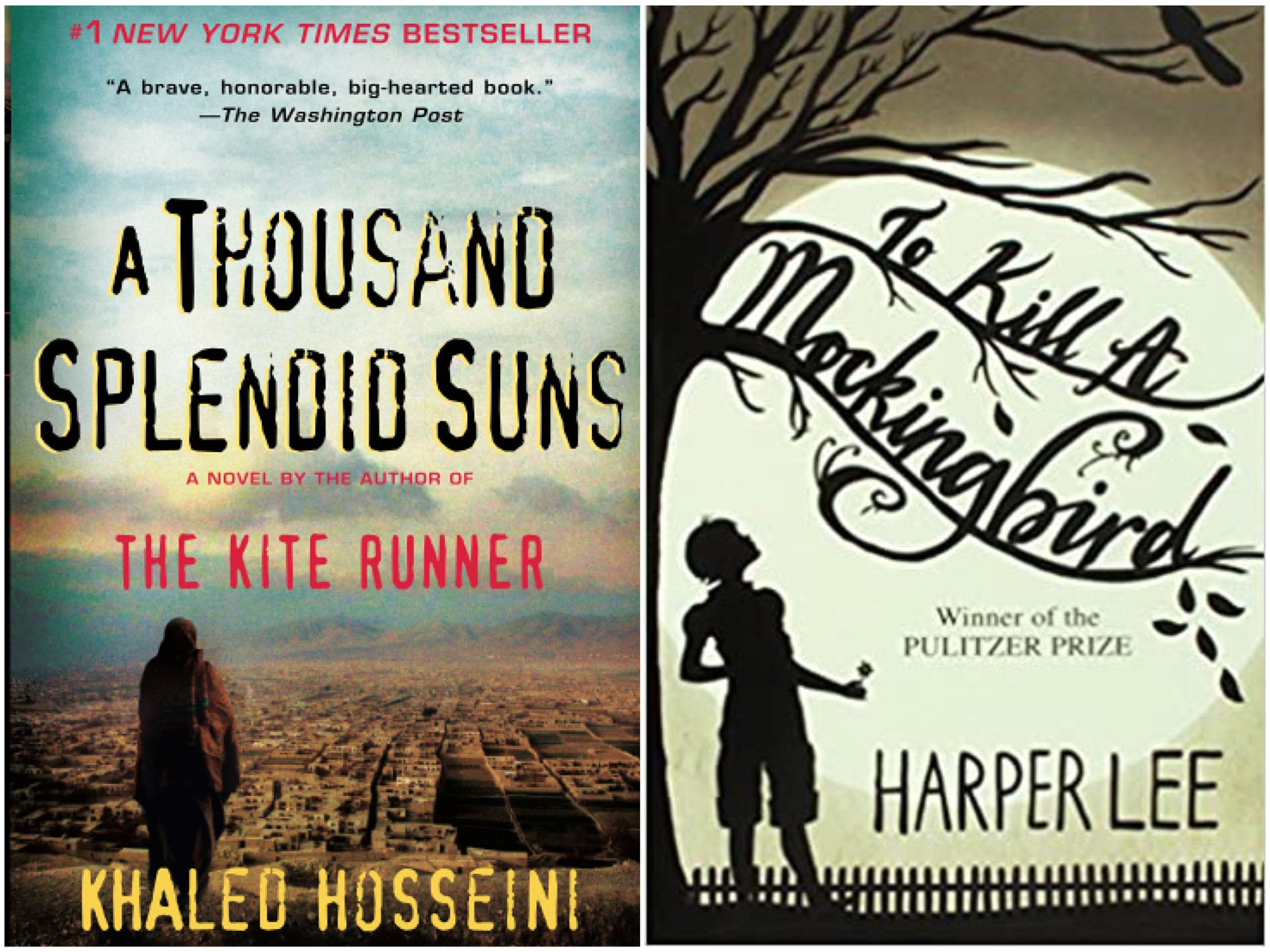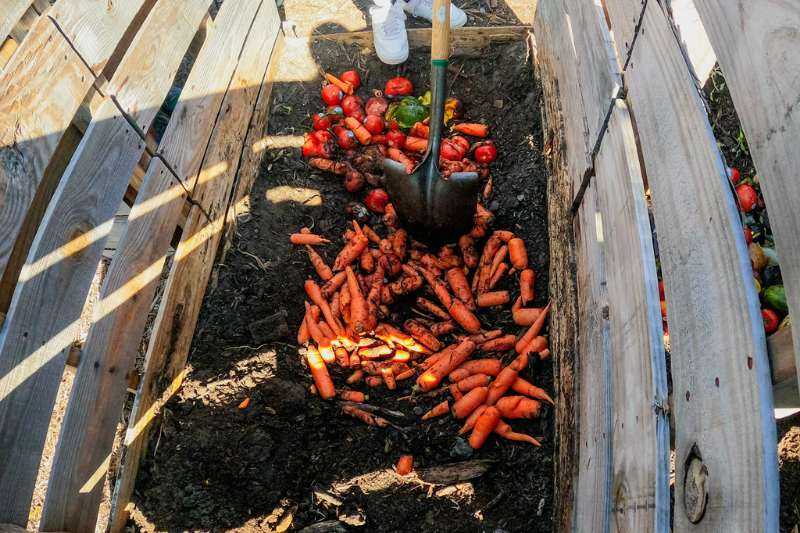Read the musings of Youth Farm participants below. The Youth Farm aims to empower the youth to lead urban agriculture projects under community guidance and resources. It has proven to be a successful strategy in youth, workforce, and neighborhood development.
The browns and greens of composting
HAROLD BRYANT III, 17, Youth Farm Participant
Browns! Greens! Browns! Greens! What is composting?
Composting is money in a farmer’s pocket, and it’s made by putting mulch and rotten food together, except we don’t use citrus fruit like limes or lemons. Putting more of a ratio of mulch than food makes it richer as well as provides a habitat for good living things like worms and spiders.
Eventually, days, weeks, and months turn these things into a natural fertilizer called the “black gold” of agriculture that plants know, love, and crave. This black gold turns young plants into tall, healthy plants, similar to what we see with childhood to adulthood.
Overall, composting comes with repetition and being persistent, as we should do in life. As an old saying goes, “practice makes perfect.” The same work ethic exists in composting.
 How to help your local community garden
How to help your local community garden
SAANAI BRYANT, 14, Youth Farm Participant
You’ll find a variety of fruit and vegetables in your local community garden that you probably won’t see in your grocery store. So, how can I benefit from helping a local garden, you may ask.
Here are some tips:
- Reach out and follow up with local gardens in your community; many are online.
- Get other people involved by learning and volunteering at your community garden so that the garden can create a big family.
These things can help you down the road by experiencing opportunities not only for yourself but with the community. You can also start a garden at home, ensuring adults and children receive educational and bonding opportunities.
Helping a local garden can also benefit your physical and mental health, leading you down a healthier path that relieves stress while giving back to the community.
Why we should address bullying in sports
MASIRVION FLOYD, 15, Youth Farm Participant
Bullies target skilled players. These bullies are jealous teammates who may rally other team members against the most talented player at that time. Not only are skilled sports players bullied, but kids or adults who aren’t as strong as others get picked on.
Such bullying may stem from competition for a coveted spot on the team. Bullies believe that if you bully a rival out of the team, they will eliminate competition from the position. Bullying can result in anxiety and depression. Kids who look forward to practicing and competition, but avoid bullying, may start avoiding sports as well.
Sports can get very aggressive; people can get hurt in several different ways, including concussions, broken limbs, a fractured spine, and more. Personally, I think that football is the most physically demanding sport because people get hurt left and right.
Most injuries in sports come from people targeting one person the whole game or trash-talking.
The benefits from sports can be amazing; however, the further you go into sports, the more dangerous they can be. I say this because the athletes you play against may be as good or even better than you and will do anything to be in the number one spot, even bullying.
Sports aren’t just fun; they can be life and mentally threatening as well.

Why education matters to me
KA’SHIA SMITH, 16, Youth Farm Participant
Education gives us knowledge of the world that can create change.
It also helps many people garner different viewpoints on things. Many people may not always have the same answer, a difference in opinions. Education can also help you find a good job because you can get a degree and ultimately find a job that you’re really interested in and want.
Education helps us grow from our mistakes.
When you’re in school, some of your work will be hard, but when the teacher goes over the work and you practice, you gain a better understanding of the problems you initially needed help on.
Education can bring happiness.

Time management is the key to success in school
BRIANNA CHAMBERS, 14, Youth Farm Participant
School can be hard sometimes.
It’s important to have a set schedule to help you pass your classes and get good grades. Some ways you can do this is by turning in your work on time and paying attention in class.
You won’t have to worry about homework later when you follow that tip.
Having no homework gives you time to study for upcoming tests and get caught up with your other classes (if you’re behind on work).
Being behind on schoolwork can cause you to lose focus on your current work, and when it comes down to situations like this, it’s best to stay after school and try to get caught up.
The better you manage your time, the better you’ll do in school.

Two books you should add to your reading list
BY KIANNA CHAMBERS, 14, Youth Farm Participant
“To Kill a Mockingbird” by Harper Lee is an excellent book.
It keeps you on the edge of your seat, interested and shocked. “To Kill A Mockingbird” is about a young girl named Scout. Set in the Deep South, Scouts’ life is filled with drama from racism and prejudice. As she gets older, she sees the other side of the drama and finally understands the other side of the story.
Another amazing book that I’ve read is titled “A Thousand Splendid Suns” by Khalid Hosseini.
This book is about women’s rights, mainly women under the Taliban’s influence. Characters Mariam and Laila grow up during times of war and are forced to marry abusive men for survival.
They both help each other escape the “abusive man’s clutch,” and eventually, they get the peace they’ve been longing for.














